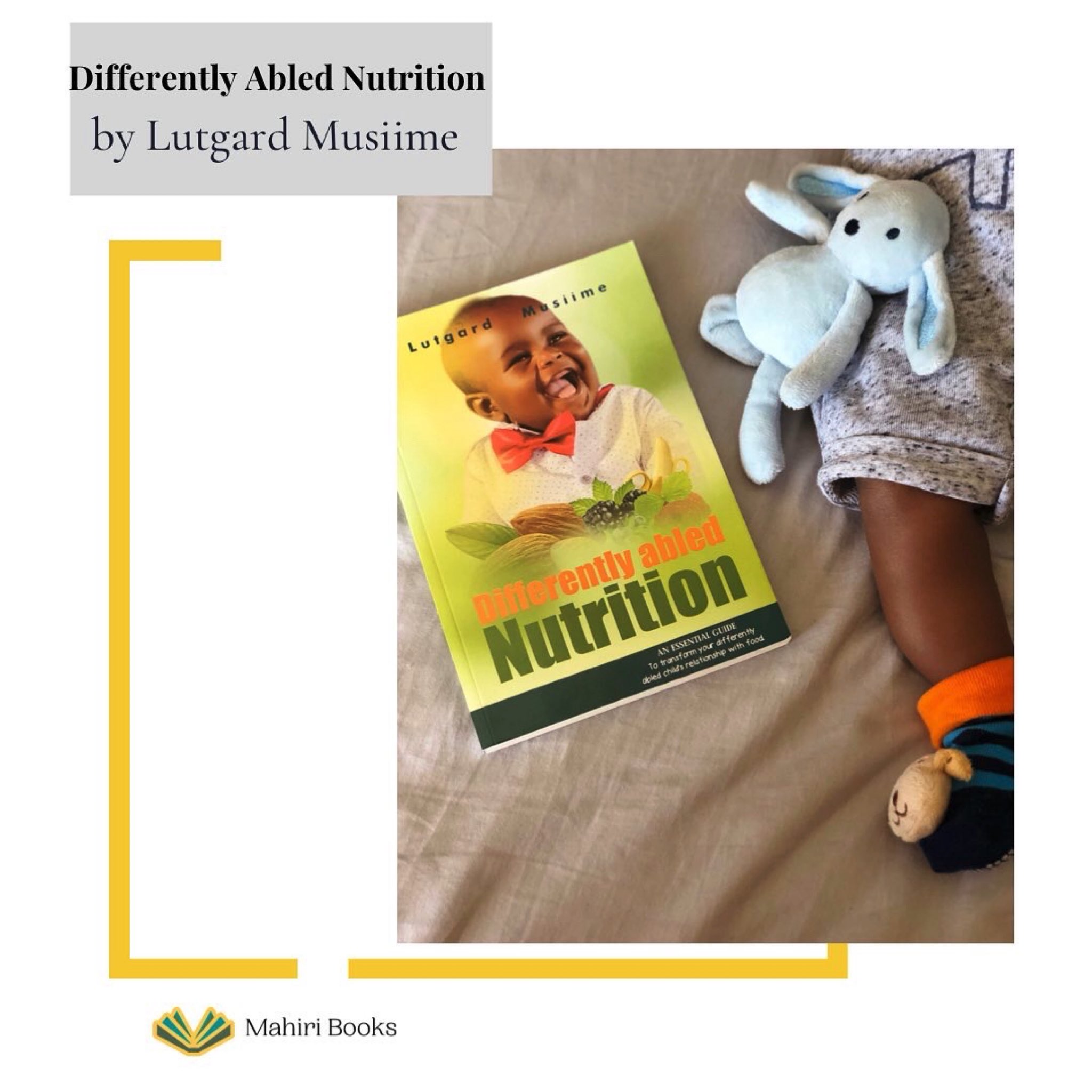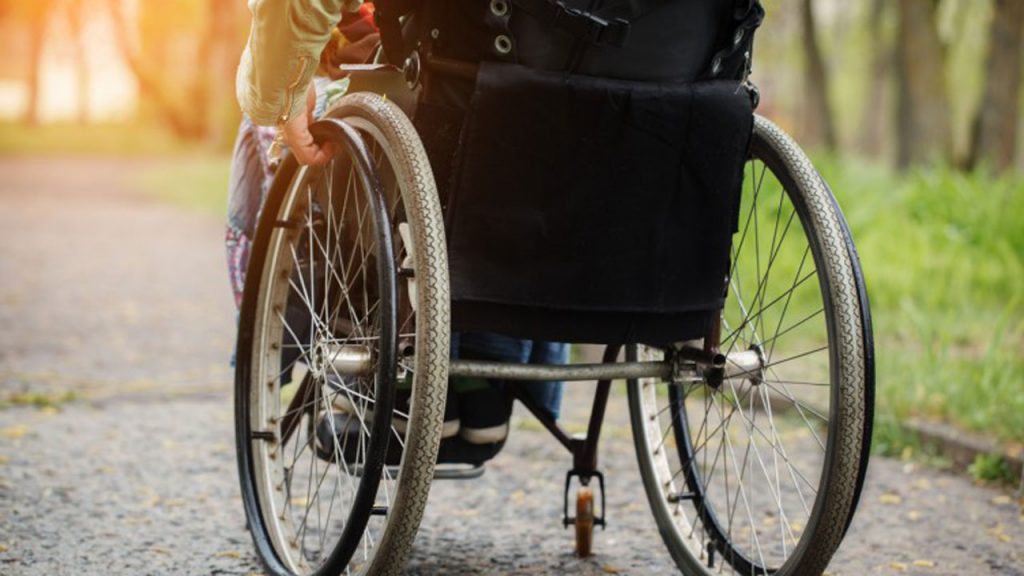Disability is a normal part of human diversity. It may be permanent, temporary, or fluctuating. It may also have a minimal or substantial impact on a person’s life. A disability may affect mobility, learning, feeding, or communication and can result from accidents, illnesses, or genetic conditions. To have a disability means one has fundamental difficulty accomplishing things that others take for granted.
Nutrition and disability are closely interlinked. A differently-abled child is often in greater danger of malnutrition because sometimes the child has difficulty sucking, swallowing, or even holding food. When this happens and there is no one to help, it deprives the child of the nutrients for their age hence leading to malnutrition in the long run. Feeding is very important for all children not only because they are at the peak of growth but also because they are vulnerable. Some bad or misinformed decisions made in a child’s feeding can have lifelong effects. For example, stunting (children having a low height for their age) among children is irreversible after the age of two. It is important to look at nutrition keenly when discussing disability. Poor nutrition can cause a disability or aggravate the disability itself, but also disability can lead to poor nutrition and cause a child to suffer its consequences.
Tips one can use at mealtime for differently abled children
Oral motor challenges – Oral motor-based feeding problems, arise from the child’s physical disability, which limits the child to achieve good gross-motor coordination (skills that require whole body movement and which involve the large muscles of the body to perform everyday functions) and movement in their body in order to achieve sufficient oral-motor skills.
Tip -To help the child feed well, modify their posture by using some support where needed. Allow the children to practice a feeding skill over and over until their body coordinates it automatically.
Sensory issues – Sensory-based feeding issues are the underlying factors to most feeding difficulties in differently abled children. The combination of food texture, temperature, and taste can be off-putting to some children and cause frustration like among children with autism. These children usually stick to foods they are familiar with, and soon these foods are the only ones that they will eat.
Tip – Slowly modify the child’s diet without upsetting the child. Gradually introduce new food or texture to the child’s diet without eliminating the food the child is familiar with. For example, if the child enjoys boiled irish potatoes, you can introduce them to an egg by presenting it in the shape of an irish potato and serving it alongside their usual delicacy. The changes in texture, temperature, color, or taste should be slight but noticeable.
Another way to help children with feeding difficulties is to allow them to help choose foods they would like to eat and allow them to help prepare the meal for as long as it is possible. Expose them to different textures, smells, and tastes along the way.
Medical challenges– Some feeding difficulties that differently abled children face are a result of the medication that they have to inevitably take or the therapy they must undergo. This usually alters their taste for food and suppresses their appetite in the long run. Some children end up vomiting each time they eat certain foods and may even refuse to eat the food in the long run. Some of the food is also temporary or permanently omitted from the child’s diet because it contradicts the medicine given.
Tip – Discuss with your child’s physician and nutritionist to identify alternative foods that the child can eat and still be healthy and thrive without compromising the medication given.
Behavioral challenges – There is an array of behaviors that can affect the feeding of a differently abled child. One of the most common behavioral challenges among differently abled children is seeking attention. Differently abled children seek a lot of attention when feeding. If parents enable this behavior, it becomes very difficult for the children to eat without that attention. They will throw tantrums and often refuse to eat completely, hence suffering malnutrition and other complications that arise from not feeding or not feeding well.
Tip – Gradually eliminate this behavior by being stern but with positive reinforcement. Say, when the child throws a tantrum, you can warn them against it and enforce a soft compromise for them to know how serious you are. For example, ‘If you eat this food, I’ll let you play for 10 minutes with your sister’. Sometimes, you may use what we call extinction/planned ignoring. For example, say, ‘Mummy doesn’t carry children who do not eat; she only carries those who finish their food.’ The other option is to gradually walk through the steps of eating with the child. Start by having the child touch or play with the non-preferred food. Then, increase the task to slowly taking a bite and keeping it in the mouth for a few seconds. After, encourage the child to chew it slowly and then ask them to swallow it. This requires patience and progress and the child’s voluntary participation.
Family feeding dynamics – These are some of the hardest feeding difficulties to deal with. Parents and caregivers are the most important and pivotal components in implementing feeding strategies not only for differently abled children but also for other children. Many parents feed their children foods that they enjoy. It is important that you give the child many options, including foods that the parents don’t regularly eat as long as they will provide the child with the necessary nutrients for them to thrive. Their diet ought to be diverse.
Tip – Clearly define the roles of the two parties involved in this feeding exercise: the parents or caregivers are responsible for providing the food, while the child is responsible for eating and choosing how much to eat.
The child should feel as comfortable as possible when they are eating. Feeding is a social activity. Therefore, when the child feels uncomfortable feeding while in a particular social setting, you should be able to recognize and find out why as soon as you can. This is not the time to put the child in between your legs and hold their nose for them to swallow food.
Feeding is not and should never be a fight. Refrain from forcing the child to eat. Simply present them with both preferred and non-preferred foods and let the child choose. When children feel like they have control over the situation, it’s easier for them to try new foods. Parents and caretakers should be open and adapt whenever the need arises. Go slow with the child and make them feel as comfortable as possible.
You can find all this and more my “Differently Abled Nutrition,” a book written for parents and guardians of children below the age of 5 and children with a disability that affects feeding.
Follow me to get yourself or a loved one a copy.
See you next Wednesday




